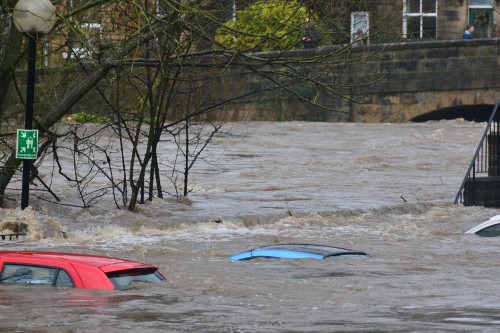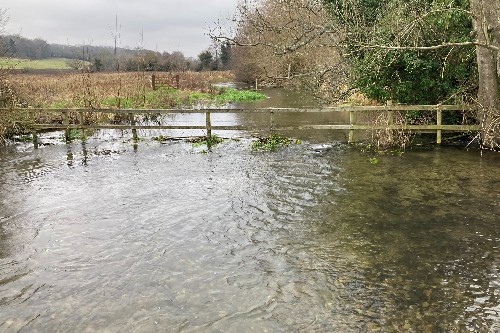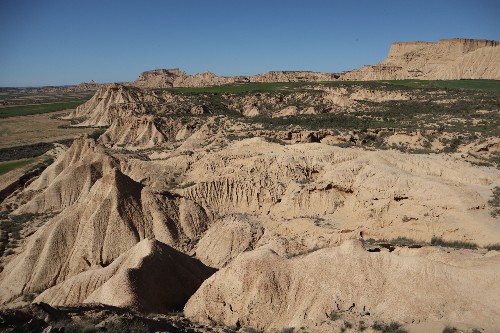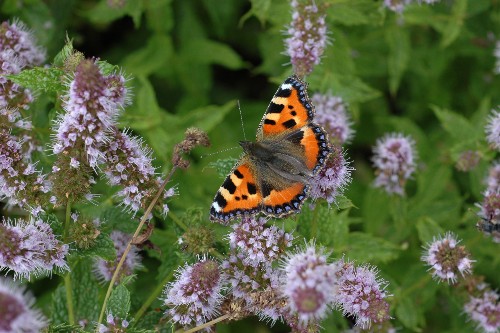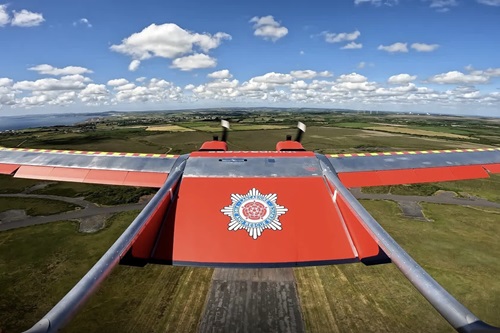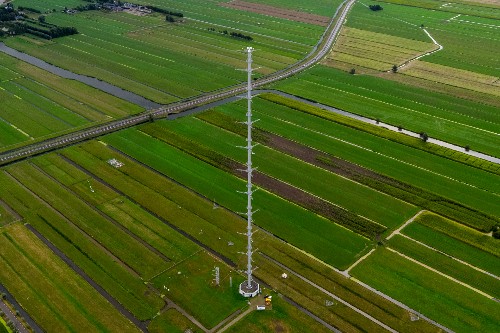“Brilliant” University professors scoop major palaeontology prizes
Two University of Bristol professors have been presented awards by the Palaeontological Association for their contributions to academia, outreach and human knowledge.
Two University of Bristol professors have been presented awards by the Palaeontological Association for their contributions to academia, outreach and human knowledge.
Artificial light can wake sleeping fish and attract predators, changing nighttime coral reef communities, according to new research using novel underwater infrared cameras.
Of the 54 children who died of asthma between 2019 and 2023, more than 90 per cent were exposed to air pollution levels above World Health Organization (WHO) guidelines, according to a new report published today [12 December] by the University of Bristol’s National Child Mortality Database (NCMD) team. The report uses the NCMD’s unique data on all child deaths in England to examine deaths due to asthma or anaphylaxis between April 2019 and March 2023.
A new report has uncovered the many risks of participating in climate and environmental protests across the world – and how more countries are criminalising and repressing this activity in a bid to keep it in check.
The University of Bristol is the 12th most sustainable university in the world, according to the 2025 QS World Sustainability Rankings.
Freshwater fish populations that dwell nearer the poles are outperforming their equatorial counterparts, researchers have found.
Scientists and engineers from the University of Bristol and the UK Atomic Energy Authority (UKAEA) and have successfully created the world’s first carbon-14 diamond battery.
GW4 Isambard 3, a world-class supercomputer service for AI and high-performance computing (HPC), has officially launched this week, driving innovative new, scientific research in a wide range of areas, including in clean energy, designing optimal configuration of wind farms on both land and water, and modelling fusion reactors to provide green energy in the future.
How is static electricity vital for animals’ survival? Why are ancient goddesses making a comeback? Can we improve the heart health of diabetics?
REWIRE, the semiconductor Innovation and Knowledge research Centre (IKC) led by the University of Bristol, is hosting a Showcase Event this week to highlight the groundbreaking work happening to accelerate the UK’s Net Zero climate ambitions.
A total of more than £5 million of funding has been awarded to three University of Bristol projects through the European Research Council (ERC) Consolidator Grants announced today (Tuesday 3 December 2024).
We are delighted to announce the seven successful recipients of our second open call to support Cabot Institute for the Environment community events.
A new initiative designed to allow farmers to sell surplus produce to community-based buyers such as food banks, small food producers, social supermarkets and beyond, is making waves after being nominated for Transformative Social Venture of the Year at the Knowledge Exchange (KE) Awards and landing ImpactU funding to help develop the project.
Winners of the Cabot Institute Seedcorn Fund for 2024 have been announced. The funds are aimed at supporting bold, ambitious and impactful ideas that transcend disciplinary boundaries. The fund enables the Cabot Institute to support new interdisciplinary connections and establish new research areas, providing a strong foundation for further funding opportunities.
In a new study, led by the University of Oxford (co-authored by a University of Bristol scientist) and published today [18 November[ in Nature, an international group of authors who developed the science behind net zero demonstrate that relying on ‘natural carbon sinks’ like forests and oceans to offset ongoing CO2 emissions from fossil fuel use will not actually stop global warming.
A new study highlights how some marine life could face extinction over the next century, if human-induced global warming worsens.
The University of Bristol will be among the beneficiaries of £36m in funding announced today [13 November] to support the next generation of researchers across the South West and Wales aiming to solve some of the most pressing challenges around environmental change and biology.
A new study has exposed for the first time how inhabitants of the smallest countries globally, contributing least to climate change, already bear the brunt of its devastating consequences and the burden is likely to worsen.
We are looking for a high-profile, dynamic leader with a passion for climate and environment issues to chair the Strategic Advisory Board (SAB) for the Cabot Institute for the Environment. The SAB plays an important role in guiding the Institute in developing priorities in research, education, and impact, and in providing new connections for the Institute for research partnerships.
A study led by the University of Bristol shedding new light on how arsenic can be made less dangerous to humans has the potential to dramatically improve water and food safety, especially in the Global South.
Gardens offer a steady and reliable source of nectar all year round, helping to keep pollinators fed when farmland sources are limited, researchers have discovered.
University of Bristol researchers are joining international experts for a key United Nations summit to focus on tackling biodiversity loss together and how this can also help combat climate change.
The University of Bristol and National Composites Centre have been announced as a Strategic University Partner for Vestas, a leader in sustainable energy solutions.
The search for the Winners of The Earthshot Prize 2025 has begun and the University of Bristol is proud to be an Official Nominator. Launched in 2020, The Earthshot Prize is an ambitious global prize and platform for impact, designed to discover, celebrate and scale the best solutions to help repair our planet.
Bristol Medical School has been awarded Carbon Literate Educator accreditation for its commitment towards tackling climate change.
Leading researchers from the University of Bristol and across the world are joining forces this week to advance early warning systems and disaster preparedness across southern Africa, as climate change worsens.
The University of Bristol has received a £1million grant from the UKRI Arts and Humanities Research Council (AHRC) to establish a new Centre for Chemical Characterisation in Heritage Sciences – an initiative that will span Arts, Chemistry and Earth Sciences.
Lead artist sought for Temple Quarter Enterprise Campus Wild Spaces public art commission.
World-renowned artist Luke Jerram will create a new multi-sensory installation at the University of Bristol Botanic Garden next month to improve people’s understanding of deforestation – and its links with UK pension funds.
Mega ocean warming El Niño events were key in driving the largest extinction of life on planet Earth some 252 million years ago, according to new research.
A novel pesticide thought to be a potential successor to banned neonicotinoids caused 100% mortality in mason bees in a recent test.
A new report has revealed for the first time the wide-ranging and increasing health dangers posed by long-term weather extremes in the UK, as the effects of climate change deepen.
A new project co-led by the University of Bristol, aims to improve future flood adaptation measures in the UK, providing better-targeted protection against the impact of climate change.
Predicting where future flooding and droughts will strike next in the UK is set to become easier with a pioneering initiative harnessing the latest technology and real-time data.
Nearly half of the world’s land surface is now classified as drylands and these areas are accelerating their own proliferation, according to new research.
A groundbreaking study conducted across 30 field sites in the southwest UK has revealed the importance of incorporating varied habitats into the landscape at large.
The University of Bristol's Royal Fort Gardens has once again been recognised for its exceptional quality, securing the coveted Green Flag Award for the ninth year in a row.
A University of Bristol professor has joined forces with Lancashire Fire and Rescue and Windracers to test a swarm of self-coordinating drones for firefighting, as part of an effort to develop cost-effective early mitigation strategies for wildfires.
Pioneering research forecasts worldwide flooding is likely to be significantly worse in future decades if countries fail to meet official pledges to cut carbon emissions.
New research has revealed factories globally are not properly destroying one of the most potent greenhouse gases emitted from the production of fluoropolymers like Teflon, and refrigerants.
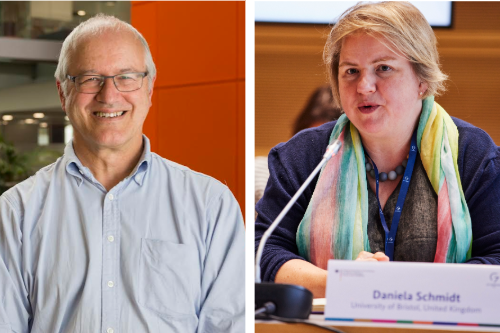
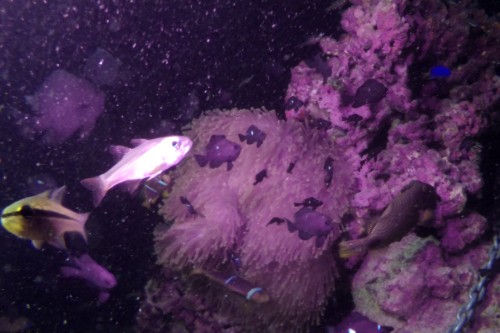


 (1).jpg)
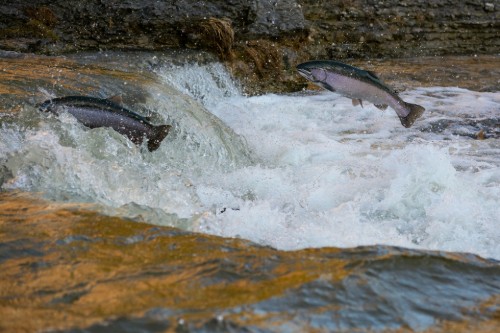



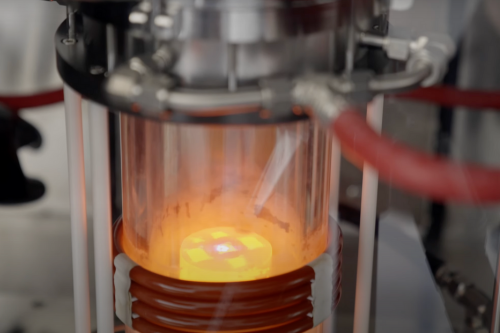

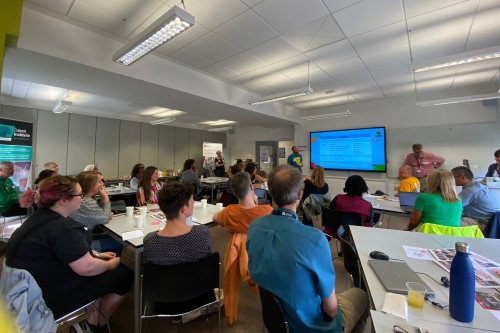
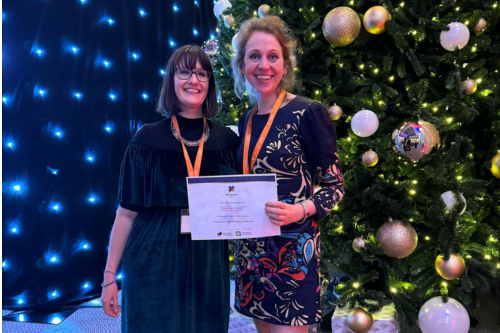
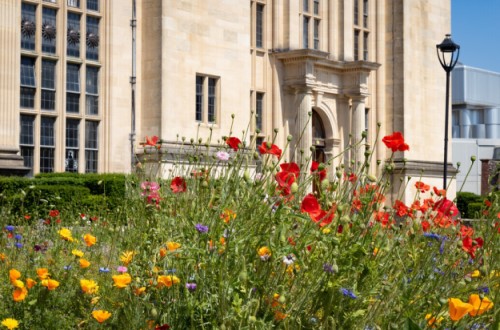



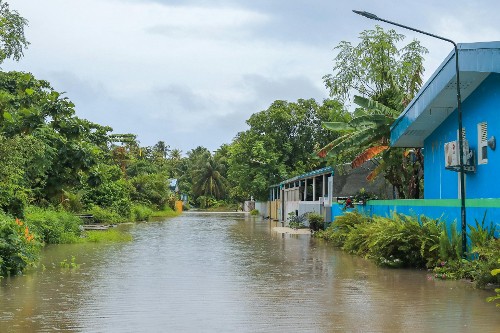
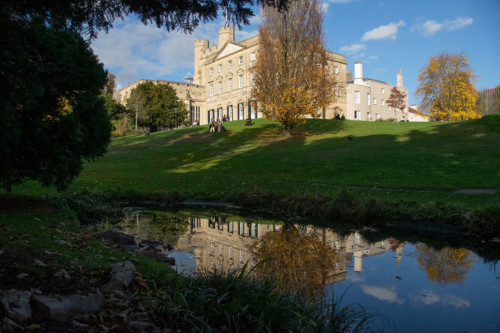

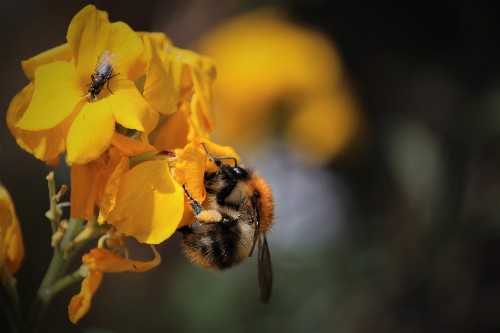
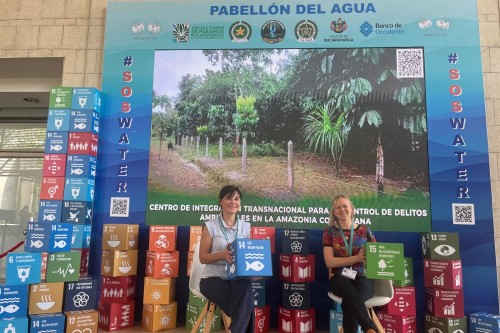

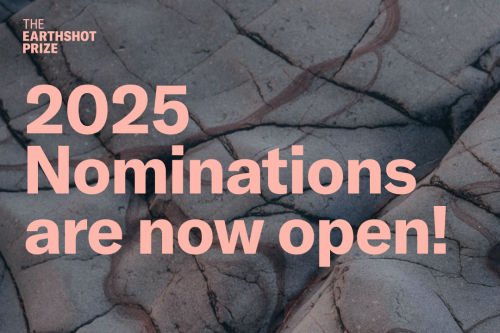
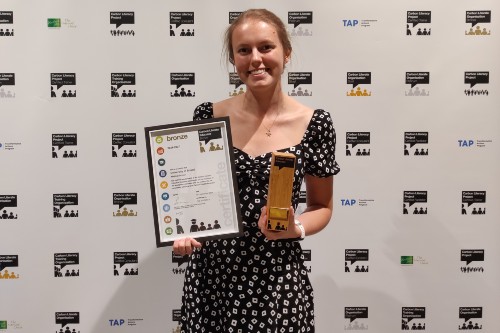
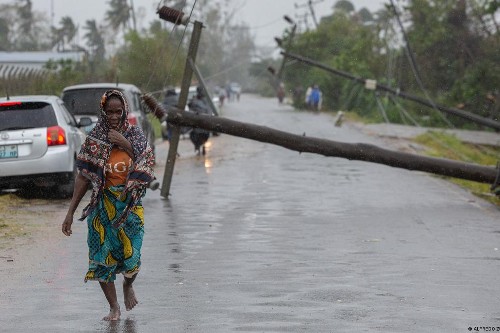
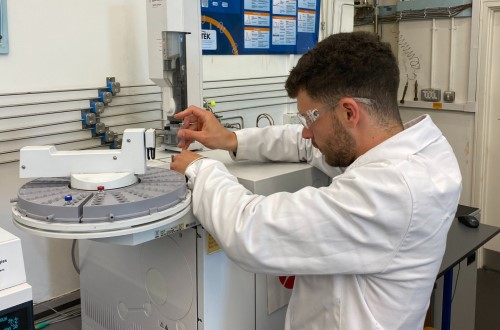


.jpg)
, tagged with paint, foraging on wildflower (Phacelia tanacetifolia) - credit Harry Siviter.jpg)

